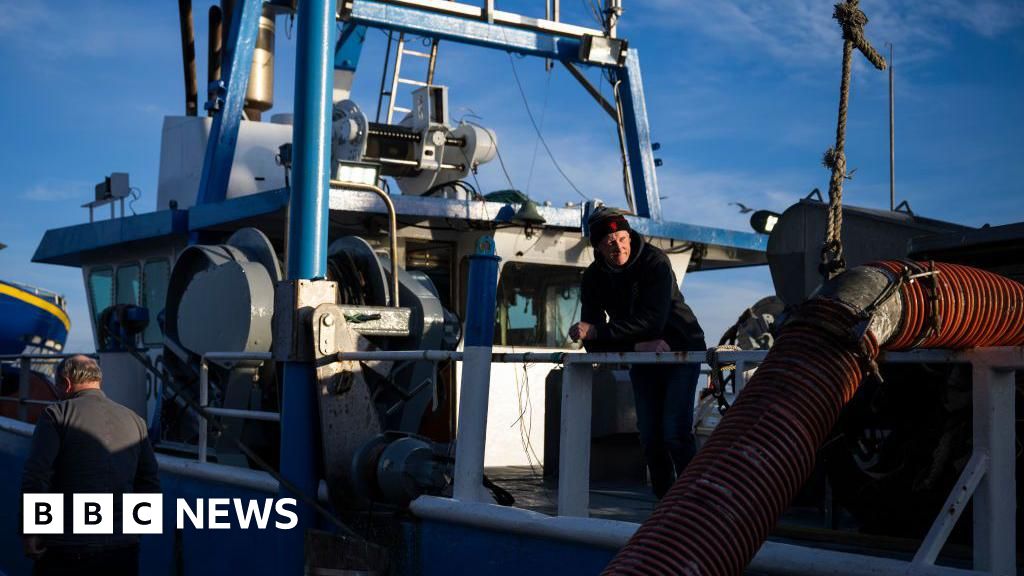
In a significant legal development, the Supreme Court has overturned the Chevron deference, a long-standing precedent that gave federal agencies wide latitude to interpret and enforce laws. The decision was made in response to several cases involving various federal agencies such as the Environmental Protection Agency (EPA), Securities and Exchange Commission (SEC), and others. The Chevron deference, established in 1984, allowed courts to defer to an agency's interpretation of ambiguous statutes if the interpretation was reasonable. However, critics argued that this doctrine gave too much power to agencies and weakened the role of Congress and the judiciary.
The overturning of Chevron deference has been a long-standing goal for legal conservatives and the business community. While initially supported by conservative jurists like Justice Antonin Scalia, Chief Justice John G. Roberts Jr. asserted that it had improperly forced courts to stop doing their basic job of figuring out the best meaning of the law and blindly defer to bureaucrats.
The decision has been met with mixed reactions, with some hailing it as a victory for judicial restraint and others decrying it as a blow to administrative agencies' ability to effectively enforce laws. The implications of this decision are far-reaching, potentially affecting various areas such as clean air regulation, consumer products safety, transportation systems, and more.
The following is a summary of the facts from four articles on this topic:
- What is the Chevron deference and why has it been overruled? (BBC News)
- The Chevron deference was a legal precedent set in 1984 that gave federal agencies wide powers to interpret laws and decide the best ways to apply them.
- The Supreme Court, in a 6-3 vote, overturned the Chevron deference.
- Justice Neil Gorsuch wrote that 'today, the court places a tombstone on Chevron no one can miss'.
- The decision weakens federal agencies like the Environmental Protection Agency and could result in rules, requirements, and penalties being stopped before they are implemented or overturned.
- What SCOTUS just did to net neutrality, the right to repair, the environment, and more (The Verge)
- The administrative state has been the most impactful part of the federal government since the New Deal era.
- Since 1984, agencies have operated under one Supreme Court precedent: Chevron USA, Inc. v. Natural Resources Defense Council (NRDC).
- Agencies are responsible for regulations that keep up with the pace of technology and address issues ranging from trivial to life-threatening.
- Chevron deference is a doctrine in which courts defer to federal agencies' interpretations of their own statutes if the statutes are ambiguous.
- Opinion | Conservatives Took Another Big Step to Consolidate Power in the Supreme Court (The New York Times)
- The Supreme Court overruled the 40-year-old Chevron v. Natural Resources Defense Council decision in Loper Bright Enterprises v. Raimondo.
- The court eliminated a key mechanism used by the Securities and Exchange Commission to enforce securities laws.
- The Environmental Protection Agency emissions standard was enjoined based on an underdeveloped theory that is unlikely to succeed on the merits according to Justice Amy Cony Barrett in dissent.
- Chevron deference allowed agencies to use their expertise to determine how to carry out laws passed by Congress, but now the Supreme Court will be the final arbiter of the meaning of every statute passed by Congress.
- The justices toss yet another precedent, delighting conservatives (The Washington Post)
- The Supreme Court's 6-3 vote overturned the Chevron doctrine of judicial deference to federal agencies, a central ambition in President Donald Trump's selection of justices.
- Legal conservatives and the business community have been gunning for Chevron for years, though it was initially supported by conservative jurists like Justice Antonin Scalia.
- Chief Justice John G. Roberts Jr. asserted that Chevron had improperly forced courts to stop doing their basic job of figuring out the best meaning of the law and blindly defer to bureaucrats.
The implications of this decision are significant, as it shifts power away from federal agencies and towards the judiciary. It remains to be seen how this will impact various areas such as environmental protection, consumer safety, transportation systems, and more.
/cdn.vox-cdn.com/uploads/chorus_asset/file/25301215/STK463_SCOTUS_B.jpg)

